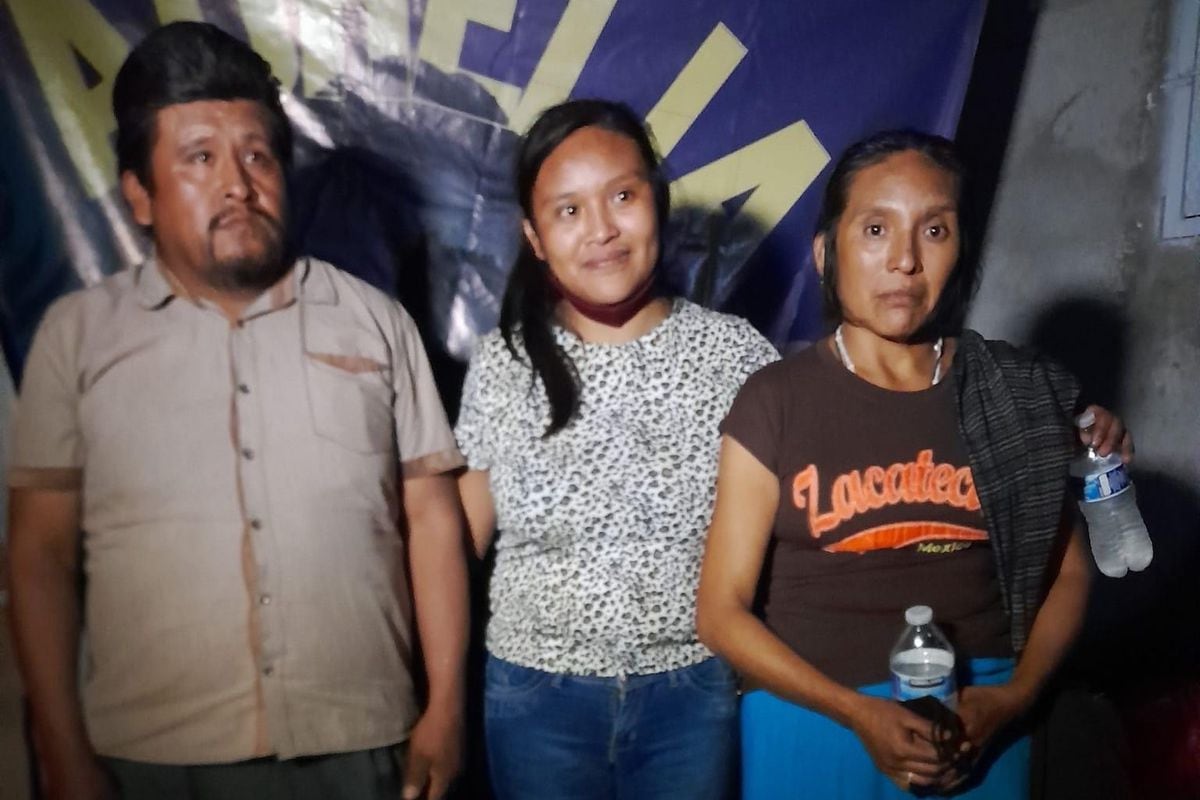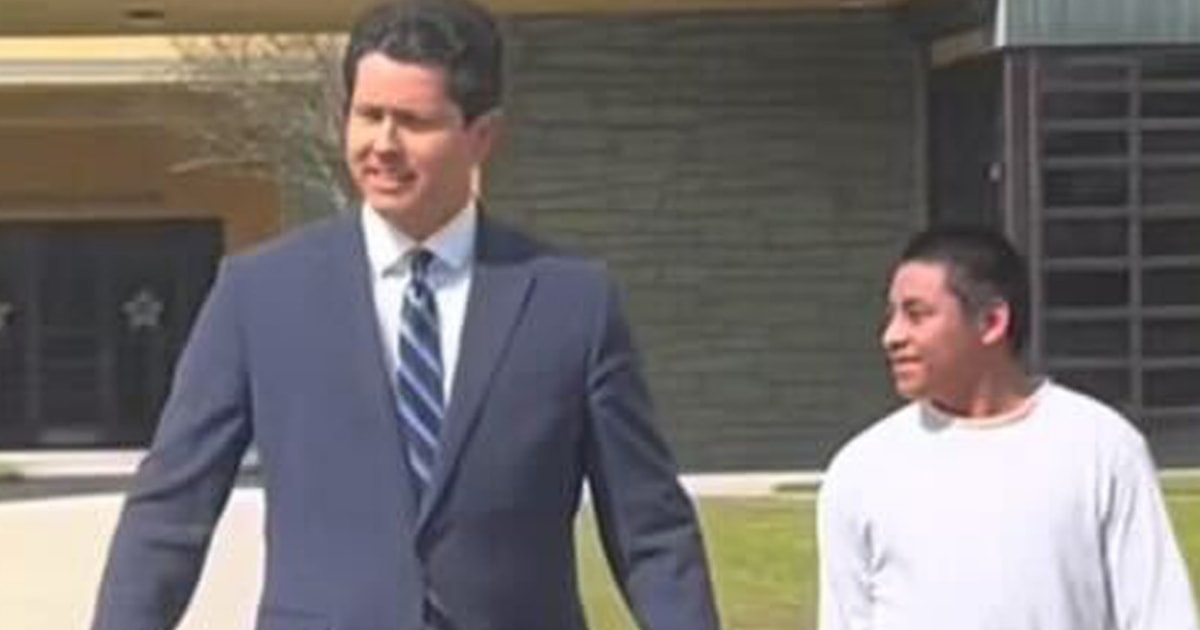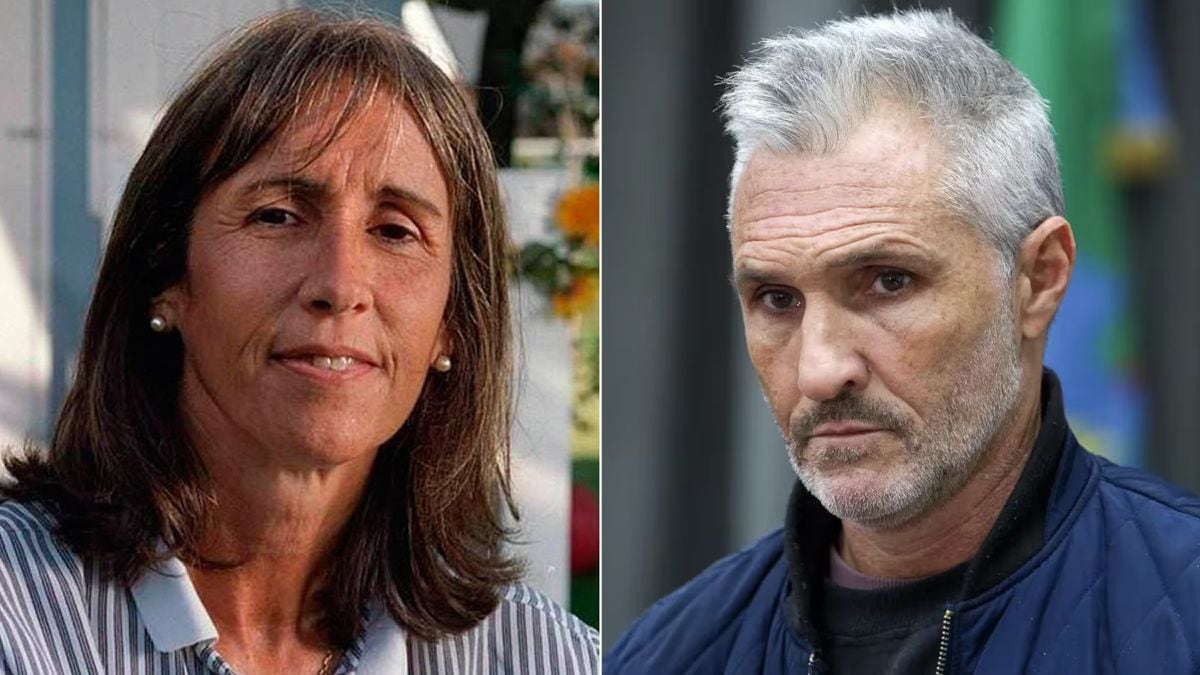Aurelia García Cruceño and her family outside the Palace of Justice Igual, on December 20. RR.SS.
With a smile as big as the injustice that was committed against her, Aurelia García Cruceño has been released from the Iguala (Guerrero) prison, this Tuesday night, after three years incarcerated.
The judge in the case has considered that the evidence against her was not enough to prove that the young woman had murdered her son.
When the young woman was 20 years old, the State Attorney General's Office charged her with “kinship homicide” after suffering a miscarriage in which she lost so much blood that she almost lost her life as well.
Indigenous women are especially vulnerable in these cases due to the language barrier, the lack of interpreters and the tricks of the Prosecutor's Offices.
These institutions use other crimes, such as omission of care or infanticide,
The medical evidence used against her was untenable, the witnesses changed their testimony with each statement, and the first part of the process was riddled with irregularities: they made her sign her plea while she was dazed and handcuffed to a hospital bed in Iguala, and she had no knowledge of Spanish, the language spoken by the lawyers who had to defend her and who ended up being the architects of her imprisonment.
She lived in Iguala with her aunt because, a few months before her, she fled her town, Xochicalco, when she began to suspect that the 50-year-old man who had been abusing her had gotten her pregnant.
“The judge has just released her.
It was an acquittal."
Those are the words that Verónica Garzón, Aurelia's lawyer and activist in the organization Mexican Institute of Human Rights and Democracy (IMDHD), wrote to this newspaper at night, who decided to get involved in this case when they saw the irregularities that put the young woman in prison. the jail.
"Thank you very much for your effort and I wish you the best," the young woman said when she was released from prison, according to the Fuerza Informativa Azteca television channel.
“In these three years in prison I learned to speak Spanish.
Now I want to study and achieve my dreams ”, she assured convinced.
She wants to study to be a bilingual teacher and teach indigenous children who speak her language, Nahuatl.
Women protest for the release of Aurelia in the Palace of Justice Iguala.RR.SS.
Aurelia García Cruceño began to suffer sexual abuse at the age of 19 in Xochicalco, the indigenous community in the State of Guerrero to which she belonged.
Her assailant, a police officer 30 years her senior, repeatedly raped her.
The young woman ended up getting pregnant, but she never reported the facts for fear of the punishment that her family and her community could impose on her for having a child out of wedlock.
To escape that blackened reality, in June 2019 she fled to Iguala, a city in the same state, where she took refuge in her aunt's house, according to the story that six international organizations for the defense of human rights sent to the court. humans.
Four months later, on October 2, 2019, she was home alone when she started having severe pain in her belly and bleeding, until she had a miscarriage on the bed where she usually slept.
Her aunt returned home, she saw the fetus and the amount of blood that Aurelia had lost and called the ambulance.
The emergency services took her to the hospital to treat her when she was about to have "hypovolemic shock" due to lack of blood in her body.
When she wakes up, Aurelia is handcuffed to the bed and charged with the crime of "kinship-related homicide", that is, for killing her son.
Shortly after she was transferred to a prison in Iguala, where she has been locked up for three years.
This is a case cut short for multiple violations of his human rights.
At the hospital, the medical staff kept asking her, “What did you do to the baby? Why did you kill it?” when even she didn't know what had happened to her.
After her, the lawyers who were supposed to defend her tricked her into agreeing to go to prison for 13 years, insisting that she would otherwise end up spending 50 years in prison.
All of these conversations were conducted in Spanish.
Aurelia García never had an interpreter to translate what her lawyers said into her mother tongue, "so she never fully understood what she was accepting," says the report by the human rights organizations.
Although the Supreme Court of Mexico decriminalized abortion in September of last year, the prosecutor's offices of the different states continue to find ways to penalize this practice.
Verónica Cruz, director of the feminist organization Las Libres, estimates that there are some 200 women in jail for crimes related to abortion.
"They are women who had spontaneous births, premature abortions or obstetric emergencies," she assured in an interview with EFE.
These women are not sentenced for abortion, but for other crimes such as kinship homicide (as in the case of Aurelia), omission of care or infanticide.
After being sentenced, the Mexican Institute of Human Rights and Democracy (IMDHD) appealed the conviction.
It was determined that, in effect, there had been violations of due process and the trial was repeated.
Aurelia García was "forced to accept her responsibility" because she was never explained "in her language, clearly and without technical terms, the consequences" of what she was agreeing to, "explains the text.
The jail where she is being held does not have hired interpreters, so communications like her staff are in Spanish instead of Nahuatl, her mother tongue.
At first, it was very difficult for the young woman to understand her rights and her legal situation in general.
Aurelia has had to learn Spanish in jail, during the three years she has spent there.
When she signed the documents that condemned her for these three years, she did not know what she was signing, like many other people from indigenous communities.
The National Commission for the Development of Indigenous Peoples has counted more than 8,400 prisoners in the national penitentiary system (96% are men).
Many of them are hospitalized without knowing their rights or the crime of which they are accused, and they are also deprived of an interpreter who can help them understand their situation, according to a complaint by the National Human Rights Commission.
subscribe here
to the EL PAÍS México
newsletter
and receive all the key information on current affairs in this country





/cloudfront-eu-central-1.images.arcpublishing.com/prisa/HHTRNM3D5ZEDNG3IOS42S5WS4E.jpg)



/cloudfront-eu-central-1.images.arcpublishing.com/prisa/L64PMGMKXNDP5EHGZTYIAK3UTU.jpg)